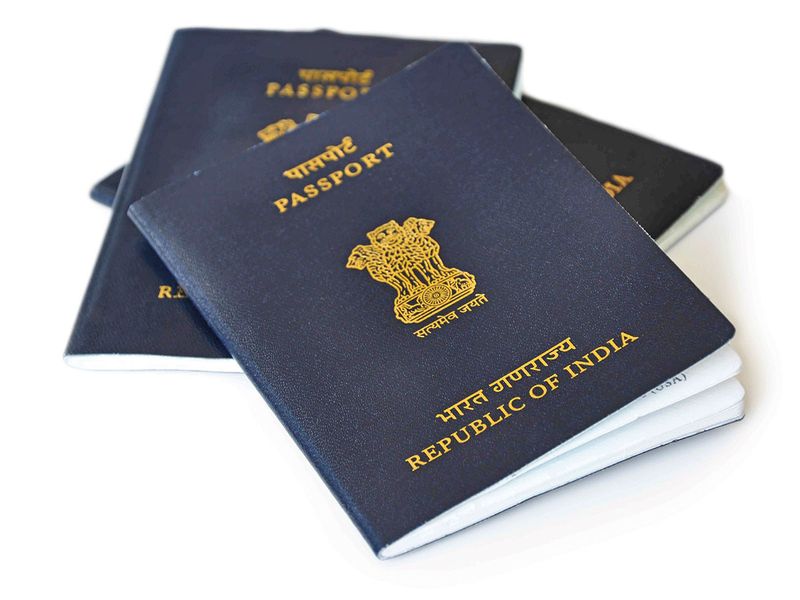
Dubai: After the Indian government presented a highly promising budget projecting a lot of opportunities for economic growth and investment, Non-resident Indians (NRIs) were eager to know whether it would help them financially or any other way.
Several experts have opined at the onset how the 2022 Budget was extremely crucial as India's economy is currently showing signs of recovery from the problems created by the ongoing pandemic.
However, questions among NRIs persisted as to whether the latest Indian Budget will help NRIs in any way, especially monetarily. Let’s first find out what were NRIs’ first impressions of the Indian Budget, as the keenly-watched session unraveled?
What were NRIs first impressions?
“I woke up this morning especially eager on what is there in kitty (fund of money for communal use) for NRIs,” said Dixit Jain, managing director at The Tax Experts DMCC.
“When the budget speech started the many reforms were proposed in many sectors such as affordable housing, transportation, agriculture, education, health etc. What I could understand from the budget was that this was more towards spending money to strengthen the economy on a macro level.”

Any tax relief for NRIs?
While spending on infrastructure in India was primed up to create job and boost economic activity in the country, tax rates were not tinkered with.
“As the Budget focused on larger economic factor as an individual we could not find much relief in terms of taxation for NRIs,” Jain added.
“NRIs were expecting the residency issue to be addressed by increasing either threshold of Rs1.5 million (Dh73,725) or increasing the number of days from 120 days to a reasonable number.”

As the Budget focused on larger economic factor as an individual we could not find much relief in terms of taxation for NRIs.
“There were also expectations that Long Term Capital Gains (LTCG) will again be exempt from taxes or tax rate will be reduced substantially to encourage more and more investments by NRIs in the Indian markets.”
For an NRI, the calculation of capital gains tax shall be the same as for a resident Indian. Long-term capital gains are taxed at 20 per cent and short-term gains shall be taxed at the applicable income tax slab rates for the NRI, based on the total income which is taxable in India for the NRI.
Inflation concerns widen among NRIs
One of the major results of inflation in an economy is the general slowdown of the economy. When this happens unemployment rates rise, the purchasing power of the consumer decreases, credit becomes expensive. All these cause a strain on the entire financial system of the country.
On Tuesday, India announced half-a-trillion-dollar annual economic spending, a 35 per cent rise from the previous year.

“This could be considered as a double-edged sword as increased government spending would indeed support economic growth; however, this would further create inflationary pressure in an already high inflation environment,” said Vijay Valecha, chief investment officer at Dubai-based brokerage Century Financial.
Further, as the inflation has increased in the country, there were expectations that basic slab rate (different tax rates are prescribed for different ranges of income) for taxes will also increase, to give relief to those with lower-income from hassles relating to filing and compliance. “However, that also did not happen,” Jain added.
Digital push for e-passports, crypto?
India took a step closer to adopting cryptocurrencies after years of wavering on its stance, as the country seeks to keep up with the global move toward the digital assets. Bitcoin prices gained on the news.
Analysts evaluated how India introduced much needed clarification about the taxation of crypto or digital assets – where they said that income arising from them shall be taxed at 30 per cent and a tax of 1 per cent is applied on the transfer of the same above a certain threshold limit.

Implementing 30 per cent taxes on income from any virtual digital assets could act as a potential headwind for investors to embrace this new asset class.
What was coined a “breakthrough” by Dubai-based tax experts was when India announced its plans to launch a central bank digital currency (digital rupee), revealing plans to introduce the digital currency in the next financial year beginning April 2022.
However, Valecha added that implementing 30 per cent taxes on income from any virtual digital assets could act as a potential headwind for investors to embrace this new asset class.
Apart from the push to boost the digital economy in India, e-passports with the embedded chip will be rolled out as well – a move that was welcomed by the NRI community in the UAE.
Key takeaways?
Many other experts agree that e-passports will help NRIs and the India’s digital rupee will be a trendsetter in the digital currency market.
Imposing the tax rate makes crypto trading official now and any concern of a ban is off the table, analysts opined, while adding that the relatively high tax rate could prompt traders to move to platforms in other countries, which would reduce revenue for the Indian government.

Analysts agree that the focus of the Indian Budget was largely on providing economic stability, reducing tax litigation and promoting ease of doing business in the country. However, one will have to wait and watch as to whether or not it will significantly help NRIs overseas.
“In nutshell, I would say this is more of an expenditure budget where more weightage is given to the macro level sectors and individuals especially NRIs are left with nothing much to cherish,” Jain concluded.






_resources1_16a4a1613d8_small.jpg)

